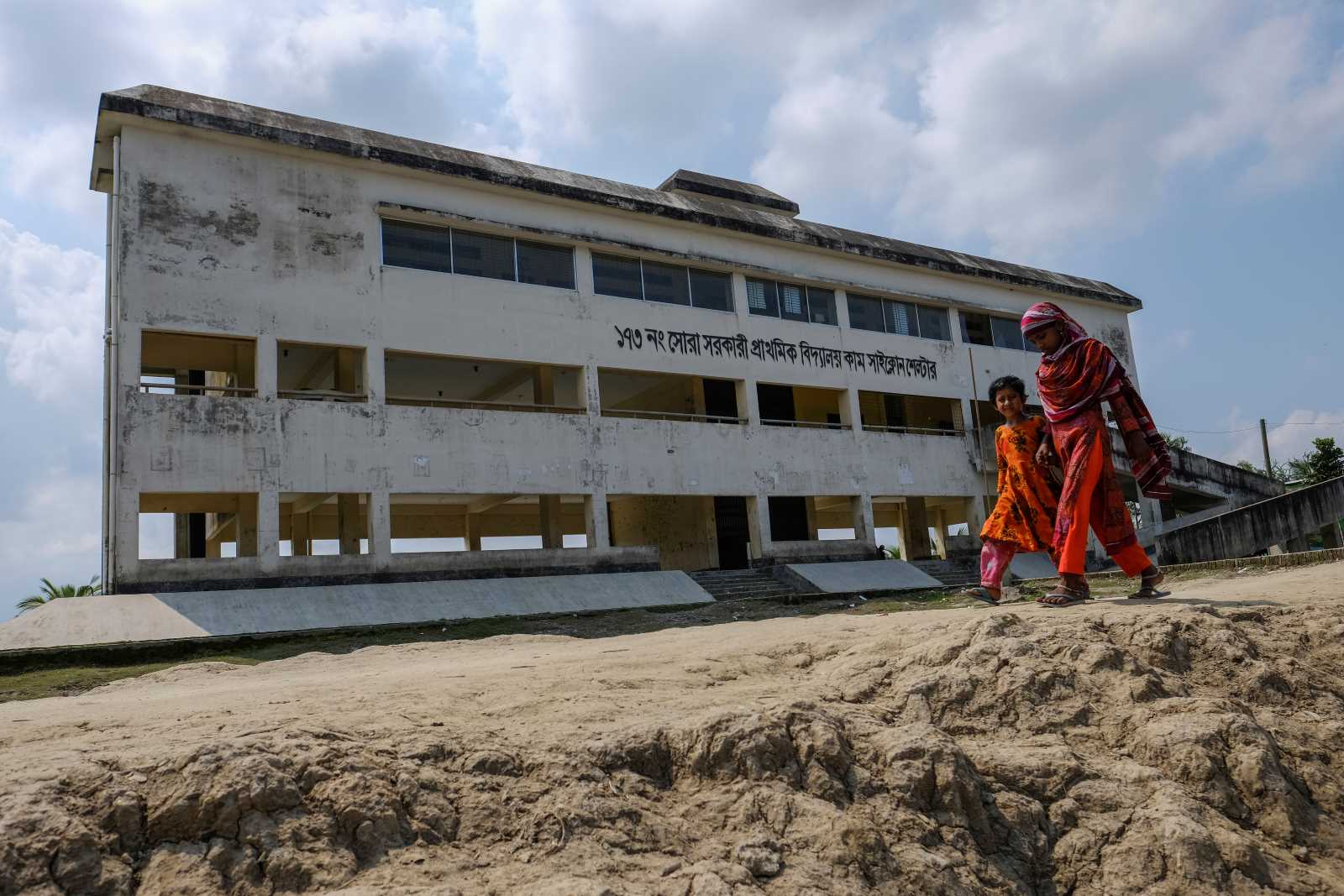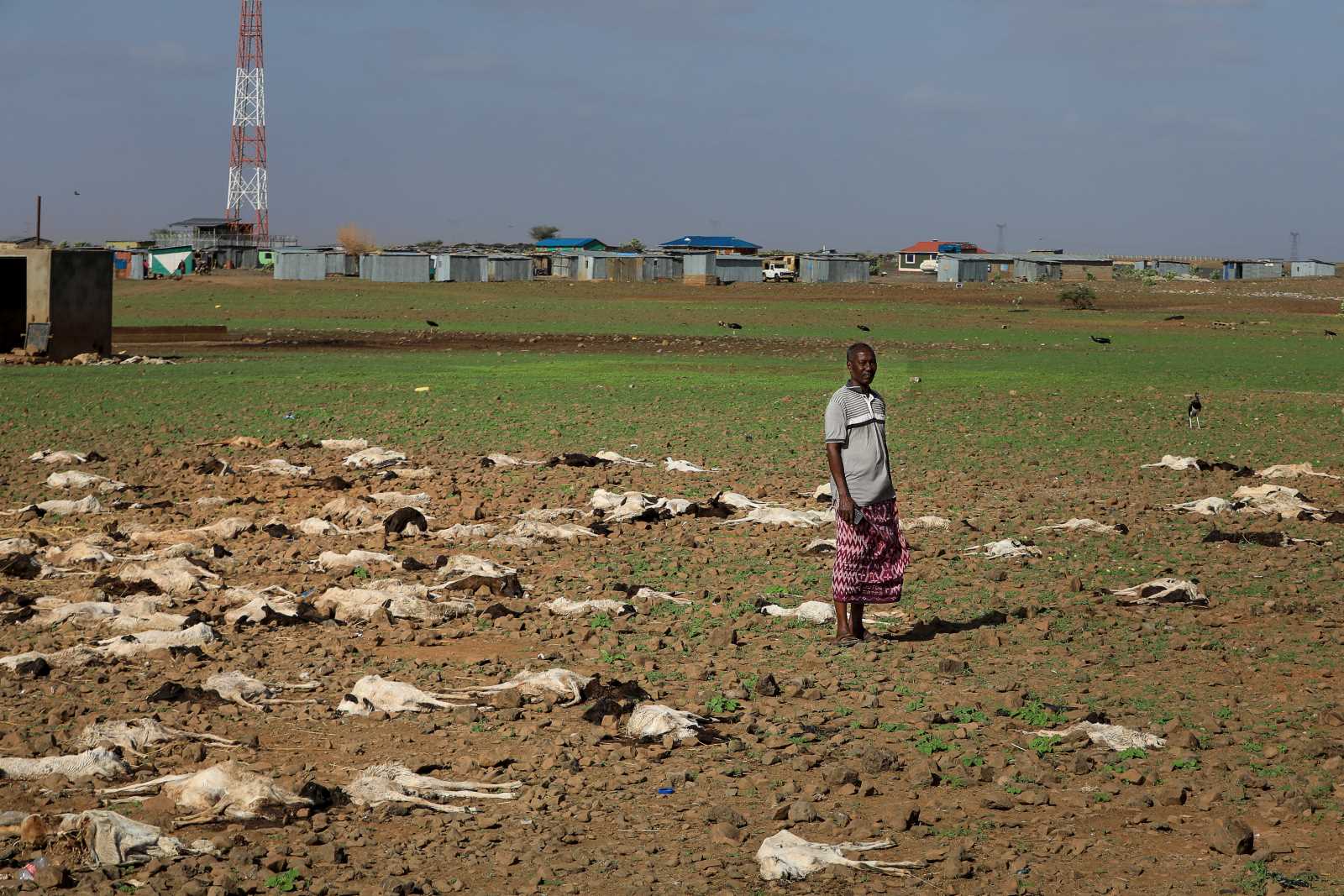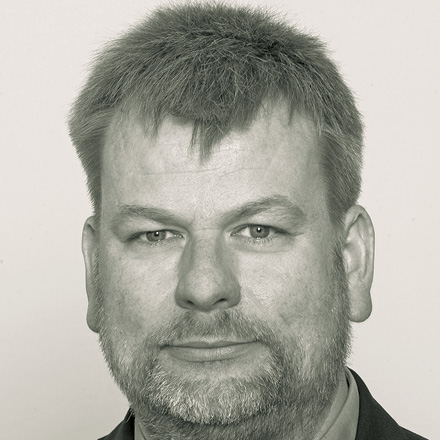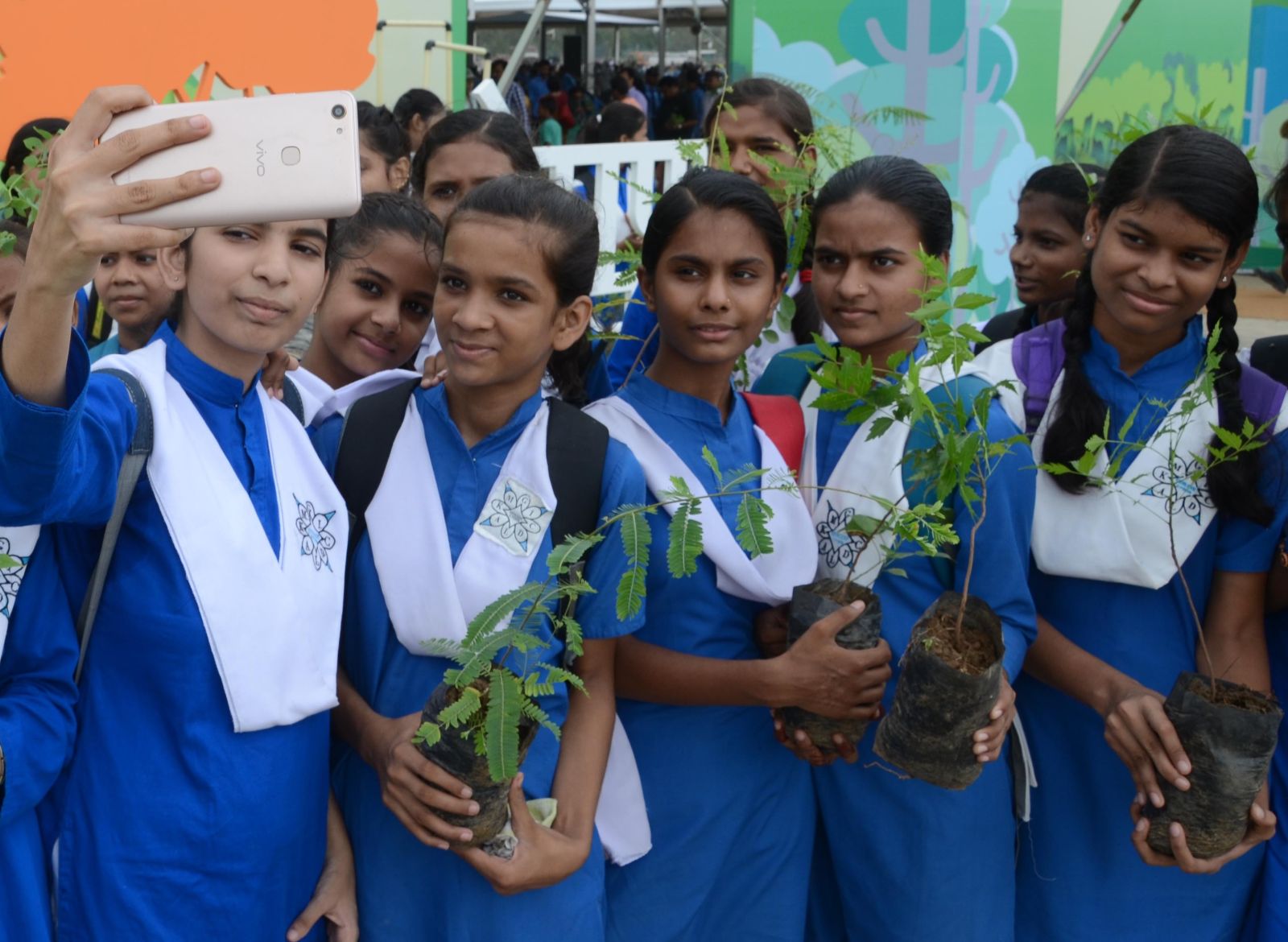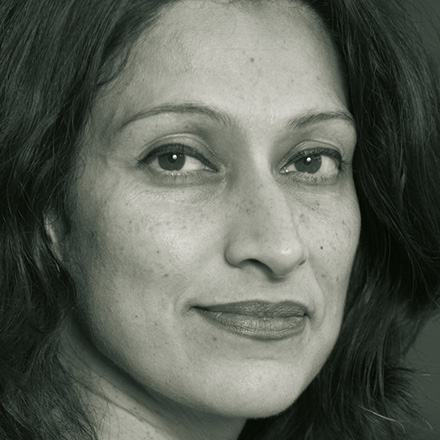Childhood and youth
This matter cannot wait
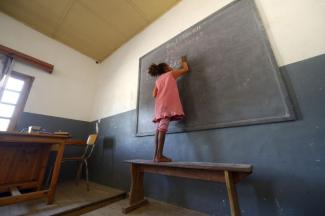
Education is a crucial prerequisite for fulfilling all essential needs of society (health, food, energy et cetera). This is a multi-dimensional issue because quality education is the key to success in all other sectors. Accordingly, the question arises whether societies pay education appropriate attention and commit sufficient resources accordingly.
Unfortunately, policymakers tend to be obsessed with delivering visible results fast. This makes them shy away from investments that only lead to results in the long run. Ensuring that the young generation goes to good primary and secondary schools does not pay off immediately. If they go on to university, which is even more costly, the returns will accrue even later, though they may be even more substantial.
It is generally agreed that access to schools is a basic right, and that governments must make it happen. Nonetheless, the quality of education remains inadequate in many places. Too many youngsters drop out, and too many, who finish schools, are not trained in the skills they need to earn a living.
The Millennium Development Goals (MDGs) that the international community adopted in 2000 have made a difference. As pledged, primary school enrolment has increased dramatically in developing countries, especially in Africa. However, quality was often neglected, and so were secondary and tertiary education.
The Sustainable Development Goals (SDGs), which the UN adopted in 2015 as the follow-up agenda to the MDGs, are more comprehensive. SDG4 is “quality education” at all levels, including vocational training and special education for those with disabilities.
Achieving SDG4 will require resources. Additional schools must be built and more teachers need to be hired. Class sizes must decrease and infrastructure must improve – not least to ensure access to information technology (IT). According to estimates, Africa will need about $ 60 billion annually. It is very unlikely that Africa will be able to meet the needs without partners. To encourage official development assistance, however, African policymakers must prove they take education seriously.
Tertiary education must not be neglected. One reason why tertiary education matters is that it boosts the quality of primary and secondary education. The better teachers are trained, the better their work will turn out.
More generally speaking, higher learning is the key to future success, not least because it will form the next generation of leaders. It is shameful that national governments and the donor community used to consider higher education a luxury for developing countries.
The truth is that African colleges are mostly in a rather poor shape. The number of universities increased by 115 % from 2000 to 2010, and enrolment more than doubled from 2.3 million to 5.2 million students, according to UNESCO. However, only one African university was among the worlds 100 best, to judge by the world universities ranking of 2016. Africa’s future depends on educational institutions becoming better at all levels.
No, doubt, the future is about knowledge. It is time for Africa to take advantage of the new demographic realties and maximise its dividends by transitioning to knowledge-based societies. Africans must become competent and competitive in all sectors.
Unless we aspire to roles of global leadership, we will not become global leaders. Paying lip service to education is not enough. African governments must rise to the challenges and deliver results. They must set in motion a virtuous circle in which better education at all levels further improves education at all levels. This is an issue that cannot wait. Postponing the matter means to postpone the future.
Belay Begashaw is director general of the Sustainable Development Goals Center for Africa (SDGC/A) in Kigali, Rwanda.
bbegashaw@sdgcafrica.org
